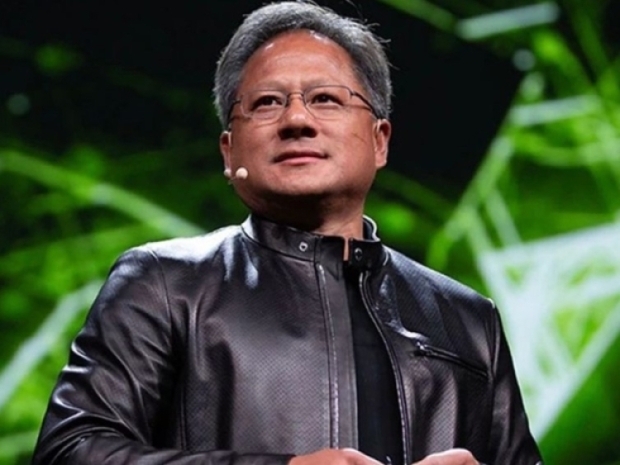According to a report by The Information, the inquiry is part of a broader effort to enforce export restrictions on advanced chip technologies, which are crucial for artificial intelligence (AI) development.
In response to the Commerce Department's request, Nvidia has directed major distributors, including SMC and Dell Technologies, to perform spot checks on customers in Southeast Asia. Both companies embed Nvidia’s AI chips in their server products, which are then sold globally.
The report highlighted sophisticated efforts by smugglers to evade detection. According to individuals involved in the practice, they have bypassed recent inspections by Super Micro.
Some customers reportedly duplicated serial numbers of servers containing Nvidia chips and affixed them to other servers. In some cases, smugglers went further, altering serial numbers within the servers' operating systems.
Nvidia emphasised its commitment to export compliance, stating:
"We insist that our customers and partners strictly adhere to all export control restrictions. Any unauthorized deviation of previously owned products, including any grey market resales, would be a burden on our business, not a benefit."
Dell reiterated that its distributors and resellers are required to comply with all regulations and export controls, adding that it takes action, including terminating partnerships, against those who violate these obligations.
Super Micro similarly stated its adherence to U.S. export laws and pledged to investigate unauthorized exports or re-exports of its products.
"Supermicro follows all U.S. export control requirements on the sale and export of GPU systems to regions and parties that require licenses under the Export Administration Regulations," the company said.
The Biden administration has intensified its efforts to curb China's access to advanced semiconductor technologies. A ban on high-end AI chip sales to China was expanded last year, and earlier this month, the U.S. restricted semiconductor exports to 140 companies, including manufacturers of chip-making equipment.
Despite these measures, Chinese universities and research institutes have continued to acquire Nvidia chips through third-party resellers, as revealed in a Reuters review of procurement documents earlier this year.
The Commerce Department has not commented on the ongoing investigation, but the issue underscores the challenges in enforcing export restrictions in a global supply chain. As the U.S. government doubles down on its chip crackdown, companies like Nvidia face increasing pressure to ensure compliance and prevent unauthorized resales.
This inquiry highlights the ongoing battle over semiconductor dominance, with AI chips at the center of technological and geopolitical competition between the U.S. and China.




